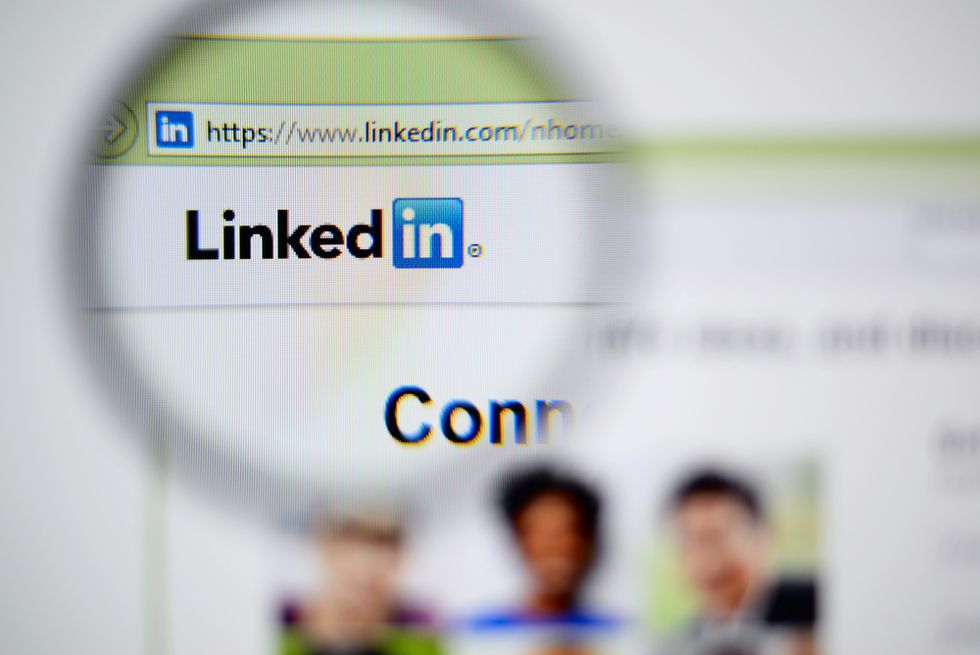
Social media has destroyed privacy, and it’s not the users we should be worried about. It’s the developers of the platforms. Related:What Your Social Media Says About You To Employers In 2010, Facebook founder and CEO Mark Zuckerberg was on record stating that “the age of privacy was over.” He went on further to explain, if he were to create Facebook again today, user information by default would be public, not private as it was for years until the company changed dramatically in December. When the founders, co-founders and developers of social media platforms are confronted with the question of privacy, they often answer the question with a pseudo-philosophical response about how the world is evolving and everyone is becoming more connected. This is nonsense. The real reason these platforms are continually exposing more of their user’s private information to the public is to monetize their platforms. As a social media marketing manager for seven years, I’ve seen social media rise since it's infancy. I’ve also done a great deal of ad buying. One of the things that’s always been a hinderance to conversions (leads and sales) has been the lack of information social platforms such as Facebook or Twitter offer to advertisers. This makes for terrible conversion rates because the demographic you advertise to is too broad. As such, Facebook is constantly on the prowl to gain more personal information from their users. Linkedin has apparently taken notice of advancing their ad platform as well, which is why they’re facing a class-action lawsuit. You should be very concerned. The lawsuit alleges that a product developed for premium users (typically job recruiters or employers) violates the Fair Credit Reporting Act (FCRA), a law passed in 1970 to protect people from being unfairly denied access to a mortgage, credit, or employment based on a background check or credit report. The product being referred to is Linkedin’s “Reference Search” tool. This tool allows premium users to check the references of a Linkedin user and send them a private message using Linkedin’s Inmail system. This opens up Pandora’s Box for obvious reasons, because it allows a recruiter or employer to contact a prospect’s former co-workers or employers to ask for details about a job candidate that are not allowed to be legally obtained, according to employment laws in most states. Instead of simply saying yes or no to the question, “Do you deem person X hireable?” a conversation could carry on about a person that leads into illegal territories by exposing excessive information about a job candidate that leads them to being denied for a position. This is especially true when considering that a prospective employer could contact a former co-worker of a job applicant who may not have a favorable opinion of that person. That opinion could then be used to sway the opinion of the hiring manager or recruiter, and therein lies the problem. This is a gross violation of the Fair Credit Reporting Act. At least, I think it is. In case you think this is all a bunch of theories and hypothetical circumstances, you’d be wrong. One person involved in this class-action lawsuit has had a prospective employer come forth who admitted to denying her a job because of a reference she contacted from Linkedin. Linkedin claims that the information premium users have access to is information that the user’s have already made public, which takes them off the hook legally. Unfortunately, that’s true. By nature of Linkedin’s public resume’ platform, your career history and everyone you’ve worked for and worked with is on display for the entire world to see. So, is Linkedin really responsible for the abuse committed by those who use their platform? The answer to that question is irrelevant. The real question is, do you feel comfortable continuing to be a member of Linkedin, knowing that the information you opt to post publically can be used against you? The most frightening thing is that you could have been denied jobs and didn’t even know it because backdoor conversations could have been taken place without your knowledge.
Related Posts
6 Social Media Mistakes To Avoid While Job SeekingSocial Media Guidelines For Young ProfessionalsWhy You Should Connect With Co-Workers On Social Media

 Bigstock
Bigstock Bigstock
Bigstock Bigstock
Bigstock


